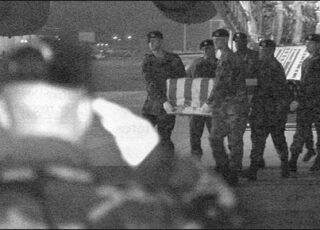ISSUE
Summer 2004

The Energy Beat: Complex and Compelling
To a journalist’s ear, the words “energy” and “crisis” belong together, in part because coverage of energy issues has been fueled largely by episodic coverage of difficulties people confront when sources of energy diminish—such as gasoline price hikes and shortages—or they vanish, as in electricity blackouts. To some degree this approach is changing as better-trained journalists pursue stories about energy and keep watchful eyes on a wider range of critical energy issues. – Melissa Ludtke, Editor
